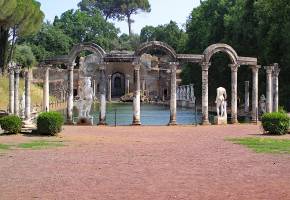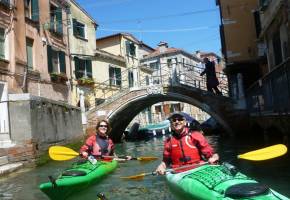The Rione Terra: An Underground Adventure
If you read our “Top Roman Relics to explore in Pozzuoli” article, then you will already know a little bit about the Rione Terra. But, as promised, we’ve now put together a whole article just about this magnificent archaeological attraction, so you can learn even more about what to expect upon a visit to the fascinating Roman remains.
The Rione Terra is perfect for lovers of antiquity as it was the first inhabited area of Pozzuoli, making it the oldest section of the city. However, to explore this history lover’s paradise, you have to get beneath the surface of the city! As you may know, due to building, construction (and in Pozzuoli’s case, volcanic activity!), ground levels have changed significantly over the past thousands of years, so the streets that the Romans walked are now far below those we tread today. The Rione Terra is a perfect example of this, as to see the Roman relic (which was preceded by a Greek town, yet little evidence has been found of this) you actually have to enter through a 16th Century building that was built on top of it!
And when you do, you will descend into a magical world of preserved antiquity, as you have the opportunity to peruse the streets of one-time settlement Puteoli, which was founded in 194 BC and became the commercial port of Rome, meaning that many important people, goods and tradesmen from as far afield as Spain and Africa would be passing through these narrow streets. With excavations ongoing, there is plenty (and plenty more to come!) to explore in this underground adventure land. As well as walking up and down the main street and side streets (known in Latin as the decumanus and cardo respectively) as you imagine yourself in a toga and sandals instead of your holiday clothes, you can also find yourself inside Roman shops, with one of the most intact and exciting establishments being the bakery, where you can poke your head inside the large oven that would have been used to bake lovely loves to satisfy hungry traders at the port. There’re even the remains of a Roman millstone which would have turned by slaves or donkeys to grind wheat into flour!

Rione Terra and port of Pozzuoli
Ra Boe / Wikipedia [CC BY-SA 3.0 de (https://creativecommons.org/licenses/by-sa/3.0/de/deed.en)]





